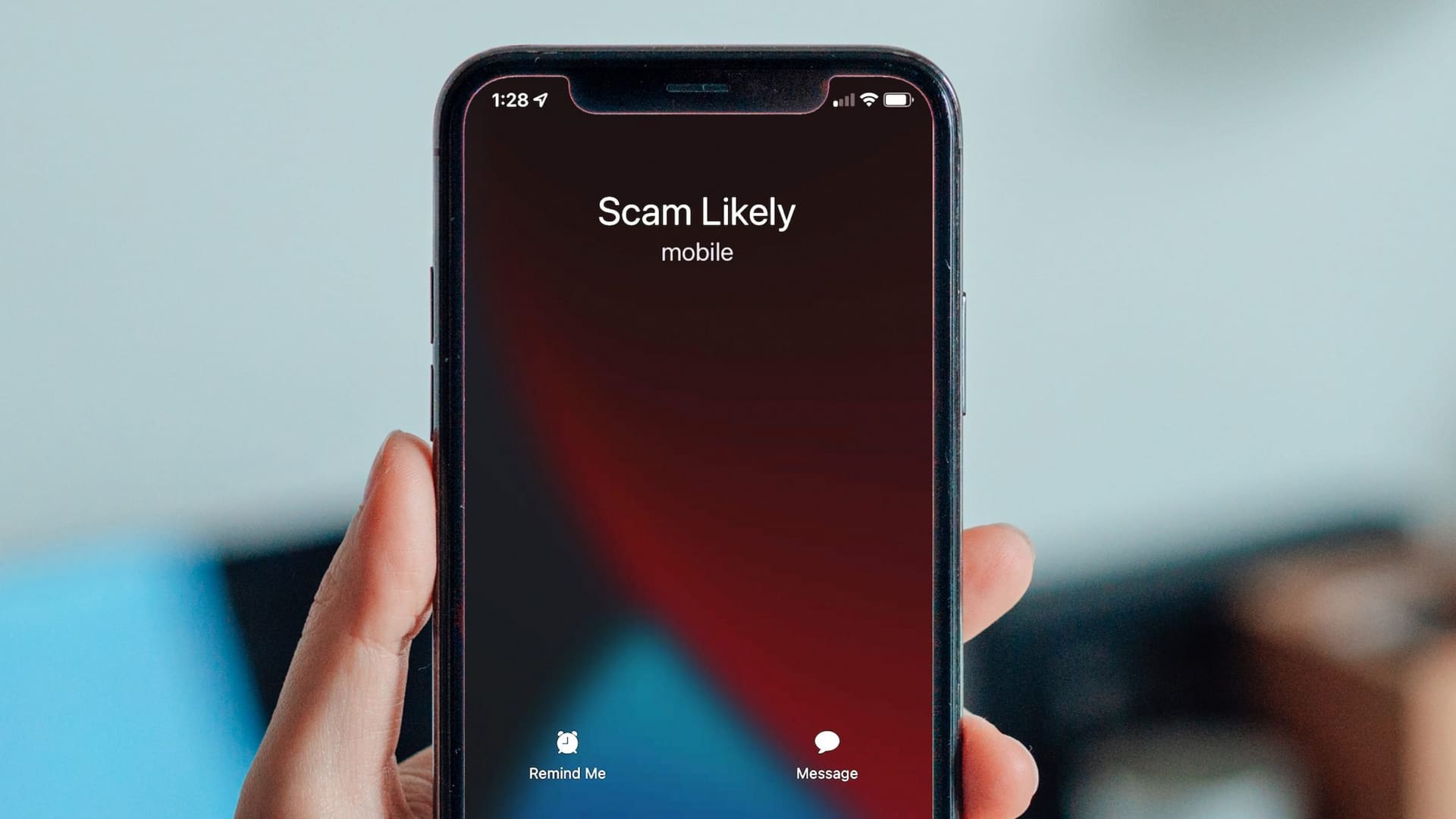
Now you will receive fewer spam calls
What's the story
The Indian government is on the verge of finalizing guidelines aimed at curbing unsolicited calls. These regulations have been developed through discussions held by the Department of Consumer Affairs with the Telecom Regulatory Authority of India (TRAI), the Department of Telecommunications (DoT), the Cellular Operators Association of India (COAI), and several telecom companies. The primary sectors identified for these spam calls include real estate, financial schemes, and insurance.
Regulatory action
Rules to target personal numbers, call center agents
The upcoming guidelines are expected to recommend action against phone numbers labeled as "pesky" and call center agents, according to CNBC-TV18. The new norms will also likely hold the beneficiaries of these calls accountable, as they are made on their behalf. Previously, a unique series starting with 140 was assigned to telemarketers for making promotional/service/transactional voice calls. However, due to low response rates from consumers, regular 10-digit numbers have been increasingly used by business entities for service and transactional calls.
Anti-fraud measures
DoT's new numbering series to prevent frauds
In May this year, the DoT introduced a new numbering series starting with 160 for making service and transactional calls. This move was aimed at helping subscribers identify such calls and distinguish them from other types of calls. Service calls from financial entities like the RBI, SEBI, and IRDAI now start from 1601. Meanwhile, TRAI has urged telecom operators to take immediate action against bulk communications using voice calls and implement technical solutions to trace and prevent fraudulent bulk calling.
Meeting insights
TRAI meeting discusses misuse of headers, content templates
The TRAI meeting also deliberated on instances of misuse of headers and content templates without the knowledge of the entities concerned. The need for corrective measures to prevent such cases was discussed, as well as the control of promo calls whether robotic calls, auto-dialer calls, or pre-recorded calls. The migration of all such enterprise business customers on the Distributed ledger technology (DLT) platform for sending bulk communication in compliance with TRAI regulations was another point of discussion.